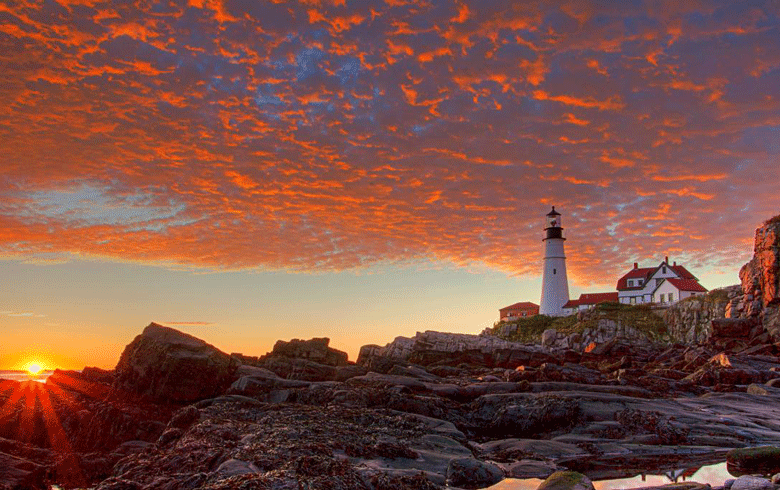Historically, the Office of Tourism focused its attention on advertising and marketing, enticing people to fill our hotels and enjoy everything Maine had to offer. This strategy has worked very successfully, spurring growth in visitation and spending and one of the nation’s most robust tourism recoveries following the pandemic.
But as tourism trends change to include a focus on sustainability, it is incumbent upon us to think about tourism a little differently. To that end, the Maine Office of Tourism hired a strategy and organizational change management consulting group to develop a statewide destination management plan, with the goal of working toward destination stewardship that aligns with our need to balance tourism growth with economic development, residential quality of life, and the inherent qualities that have always drawn people to Maine.
The plan, based on conversations with stakeholders across our state, will address many different aspects of tourism, including:
Identifying key indicators for measuring and monitoring the impacts of tourism.
Rather than focusing only on how we get more visitors to a destination, we’ll start considering different measures of success. It might be the number or quality of jobs developed, stabilization or retention of the population base—particularly in rural communities—or how tourism is supporting local farms, fishermen and makers, in addition to the hotels, restaurants, and attractions.
Enhance visitor management at the most visited sites.
Places like Acadia National Park, Maine state parks, and other locations are being heavily impacted by travelers’ increased interest in spending time outdoors in nature. This plan intends to help us identify areas of overuse and develop plans to “right size” the visitation based upon the community’s ability to comfortably attract visitors while balancing the needs of the residents.
Address locations that don’t want or need promotion due to current overuse.
During the planning process we intend to determine what places in the state are comfortable with the number of visitors they are receiving and what places may want more or less visitation. We may also learn that places don’t necessarily need fewer visitors, they just need to find a better way to manage them.
Strategies to decrease seasonality.
We hope to learn how we can decrease seasonality and spread people around the state based upon available resources. As an example, Coastal Maine Botanical Gardens’ “Gardens Aglow” has been very successful at attracting visitors during the holidays, when the Boothbay area has historically been very quiet.
Identify strategies to adapt to visitor and resident environmental and social impacts.
While the overwhelming number of visitors to our state are respectful of our natural environment, in some cases, people have left trash behind, damaged property or put themselves in physical danger due to inexperience with the great outdoors.
Fortunately, changing trends in tourism may offer an opportunity to promote stewardship and safety among visitors to our state.
The Maine Island Trail Association’s island clean up trips are one example, recruiting volunteers to pick up trash and do trail and campsite maintenance on remote islands. This aligns well with the “volun-tourism” visitor who wants to leave a place in better shape than when they arrived.
Also, by directing visitors to tourism-ready, guided, or curated experiences, people hosting these experiences will be able to manage the flow, which will hopefully limit negative impact, be it for our natural environment or at existing attractions.
Another important social impact we must prioritize is diversity, equity, and inclusion. We’ll be looking at how to attract a more diverse visitor base and introduce Maine to even more people who will value our natural resources, traditions, and culture as much as we do.
We anticipate the statewide destination management plan will be finalized by the end of 2022 and expect it will provide strategic direction for what tourism in Maine will look like in the coming years.
Steve Lyons is director of the Maine Office of Tourism.





